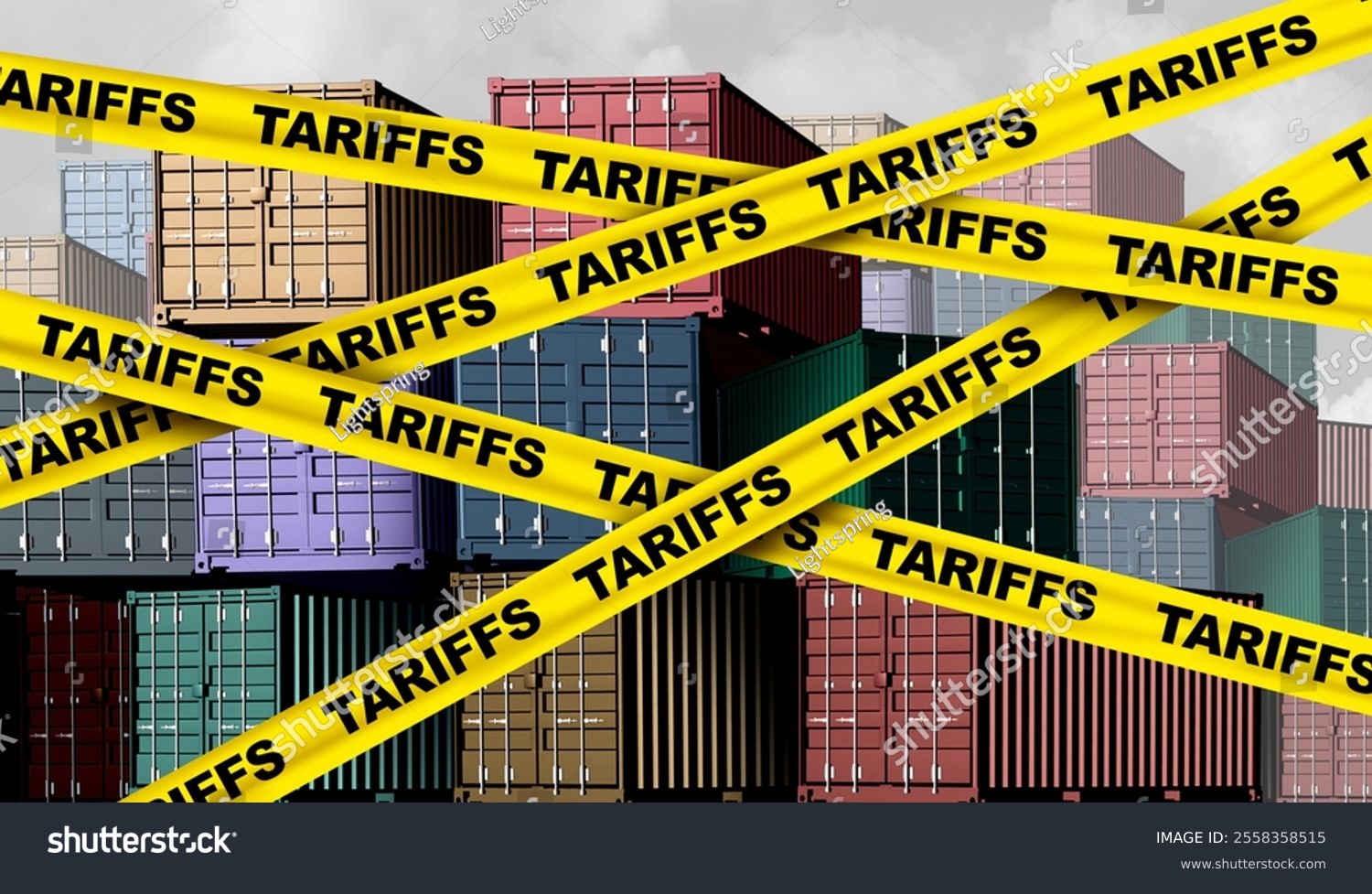 Why Most Economists Think Tariffs Are a Terrible Idea by Mark Smutny
Why Most Economists Think Tariffs Are a Terrible Idea by Mark Smutny
I learned long ago in an undergraduate course in macroeconomics that tariffs are a bad idea. Ever since the Great Depression of the 1930s most economists agree that tariffs trigger recessions, or worse, depressions. Nevertheless, the current U.S. President, believes they are a good thing. The guy allegedly has a degree from the Wharton School of Business, but he must have skipped class on the day his professor discussed tariffs.
Here’s a list of notable recessions and depressions in the United States, along with insights into the role tariffs played in some of them:
Panic of 1857:
Dates: 1857–1858
Cause: A global financial crisis triggered by declining international trade.
Tariffs: High tariffs on imports contributed to reduced trade, exacerbating the crisis.
Long Depression:
Dates: 1873–1879
Cause: A financial panic and collapse of railroad investments.
Tariffs: Protectionist tariffs were high during this period, but their role in the depression is debated.
Panic of 1893:
Dates: 1893–1897
Cause: Overinvestment in railroads and a banking crisis.
Tariffs: The McKinley Tariff (1890) raised rates significantly, contributing to economic instability.
Great Depression
- Great Depression:
- Dates: 1929–1939
- Cause: Stock market crash, banking failures, and global economic downturn.
- Tariffs: The Smoot-Hawley Tariff Act (1930) raised tariffs to record levels, leading to retaliatory tariffs from other countries and a collapse in international trade.
- COVID-19 Recession:
- Dates: 2020
- Cause: Pandemic-related shutdowns.
- Tariffs: Trade tensions and tariffs on Chinese goods added strain to global supply chains.
At first glance, tariffs—the taxes imposed on imported goods—might seem like a straightforward way to protect domestic industries, create jobs, and bolster a nation’s economy. However, most economists strongly disagree, arguing that tariffs often lead to a host of unintended and detrimental macroeconomic consequences. Here’s why:
- Tariffs Distort Market Efficiency
Economists generally agree that free markets allocate resources most efficiently. By introducing tariffs, governments artificially inflate the prices of imported goods, distorting supply and demand. This forces consumers and businesses to pay higher prices for goods, reducing their purchasing power and causing inefficiencies in production. In essence, tariffs disrupt the natural flow of comparative advantage—a principle that suggests countries should specialize in producing goods where they hold an efficiency edge.
- Retaliation Leads to Trade Wars
When one country imposes tariffs, trading partners often retaliate by imposing their own tariffs. This tit-for-tat dynamic escalates into trade wars, harming industries across borders. For example, retaliatory tariffs can decimate export-dependent industries like agriculture or manufacturing. Trade wars reduce global trade volume, diminish economic growth, and destabilize international economic relationships.
- Costs Are Passed on to Consumers
A common misconception is that tariffs punish foreign producers. In reality, the costs of tariffs are typically borne by domestic consumers and businesses. When tariffs raise the price of imported goods, consumers either pay more or switch to higher-cost alternatives from domestic producers. This reduces consumer choice and places an undue financial burden on households, particularly those with lower incomes.
- Impact on Supply Chains
Modern global supply chains are deeply interconnected. Raw materials, components, and finished goods often cross multiple borders before reaching consumers. Tariffs disrupt these supply chains by increasing costs at every stage. For manufacturers, this means higher production costs, which can lead to reduced competitiveness and job losses.
- Drag on Economic Growth
Tariffs can act as a drag on economic growth. Higher prices reduce consumer spending, a key driver of GDP. At the same time, businesses facing higher input costs often scale back investment, further slowing growth. Historical evidence suggests that economies with open trade policies tend to grow faster than those that rely on protectionist measures like tariffs.
- Long-Term Harm to Domestic Industries
While tariffs may provide short-term protection to certain industries, they often lead to complacency and inefficiency. Without the pressure of international competition, domestic industries may fail to innovate or improve productivity. Over time, this can leave them ill-equipped to compete in the global market once tariff protections are removed.
The Bigger Picture
Economists widely agree that the costs of tariffs far outweigh their benefits. Rather than fostering economic growth, tariffs often act as a brake, raising prices, reducing efficiency, and straining international relations. While there may be strategic or political reasons to impose tariffs in specific cases, most economists advocate for solutions that promote free trade, innovation, and cooperation.
In conclusion, the world economy thrives on interconnectedness. Tariffs create barriers that hinder this interconnectedness, ultimately hurting everyone involved. Free trade, while not without challenges, remains the cornerstone of global economic prosperity.
